Search Results
10 results for public health genomics
The Contributions of Host Genomics Research to the COVID-19 Response: It’s Not Just About Genes!
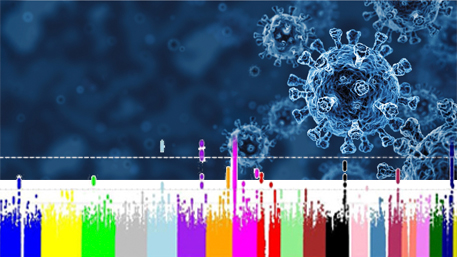
A recent large collaborative host genomics study provides valuable insight into the interplay of biology and epidemiology on COVID-19. The study was based on a meta-analysis of nearly 50,000 patients from 46 studies spanning 19 countries. The study found 13 loci (specific locations on various chromosomes) associated with COVID-19 susceptibility or severity through genome wide
Posted on byTracking the Scientific Literature on SARS-CoV-2 Variants Using the COVID-19 Genomics and Precision Health Knowledge Base
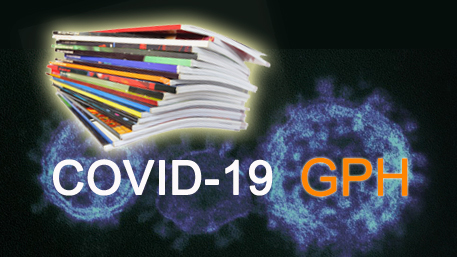
The first reports of SARS-CoV-2, the highly infectious virus causing COVID-19, swept across the globe in December 2019, prompting a burst of scientific activity. The rate of research and discovery intensified as the pandemic grew, resulting in a flood of publications in journals and on preprint servers around the world. More recently, SARS-CoV-2 variants have
Posted on by 1 CommentMendelian Randomization: A Precision Public Health Tool for the COVID-19 Response
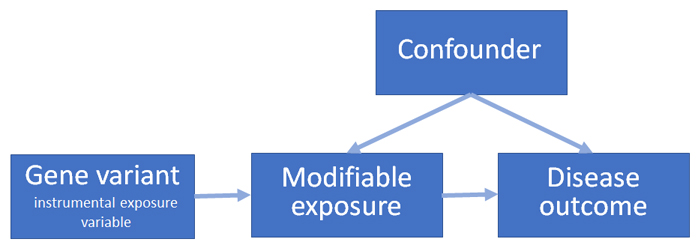
In the early days of the COVID-19 pandemic, when little was known about the natural history of the disease, predicting the course of the pandemic was of premier importance for treating sick patients and redoubling efforts to protect those at highest risk of adverse outcomes. To address this need, investigators used a study design that
Posted on byToward Achieving Health Equity for People with Genetic Disorders
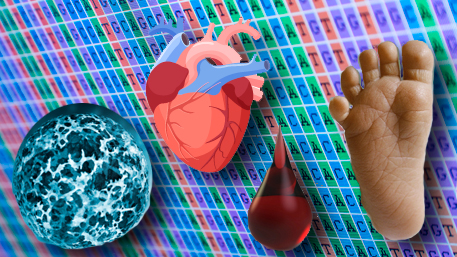
If health equity is about making sure that everyone has the opportunity to be as healthy as possible, public health efforts to achieve health equity must include people with genetic disorders. Some might consider having a genetic disorder a health inequity itself—one present from birth and over which affected individuals have limited control. Thousands of
Posted on by 2 CommentsAn Evaluation of “My Family Health Portrait”: Strengths and Opportunities
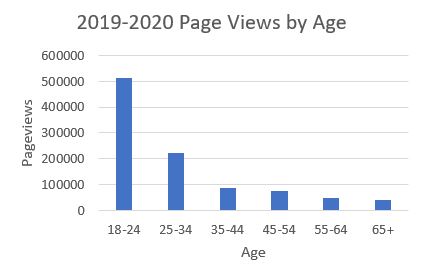
CDC has hosted My Family Health Portrait (MFHP) since September 2018. Understanding current use of MFHP can help identify opportunities to improve and promote MFHP. We used Google Analytics to explore use of MFHP from Jan 1, 2019 to Dec 31, 2020. Google Analytics is a third-party tool that tracks user information, such as browser,
Posted on by 4 CommentsFrom Genes to Public Health: Building the Evidence Base for DNA-based Population Screening
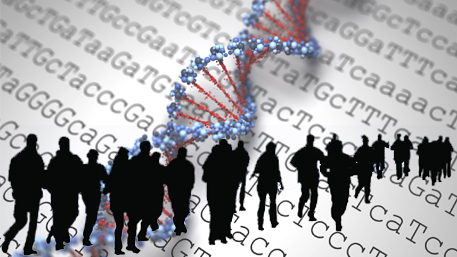
This blog post is a summary of our recent commentary in Genetics in Medicine. The use of genetics in population screening long predates the Human Genome Project. For more than 60 years, newborn screening has been a successful public health program that has resulted in major improvements in outcomes for infants with genetic and other
Posted on byHost Genomics and COVID-19: One Year Later

Unprecedented global research collaborations in human genomics provide a model for research in response to a pandemic. Early in the COVID-19 pandemic, we discussed the role of research on human genetics in the investigation of SARS-CoV-2 infection and outcomes. We now know more about the wide variation in host response, from asymptomatic infection to
Posted on byApplications of Digital Tools for Precision Public Health in the COVID-19 Era: Where Are We?

Two recent systematic scoping reviews explore the use and limitations of digital tools in public health surveillance and their applications to the pandemic response Digital health tools offer increasing potential for substantial benefits to medicine and public health. In clinical practice, digital applications include personal wearable devices, devices within the body, and sensors that can
Posted on byPublic Health Impact of Digital Health: Reinventing the Wheel

“Digital health has potential to improve health management, but the current state of technology development and deployment requires a “buyer beware” cautionary note.” (Perakslis and Ginsburg, JAMA, 2020) In a recent JAMA viewpoint, Perakslis and Ginsburg summarize the current state of digital health and discuss approaches in evaluating benefits, risks and value of these technologies.
Posted on by15 Years of Genome-wide Association Studies: What’s the Public Health Impact?
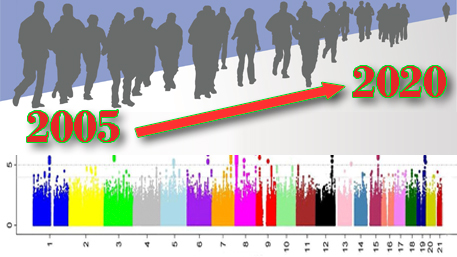
Genome-wide association studies (GWAS) test thousands or millions of genetic variants scattered throughout the human genome for association with human traits or diseases. GWAS burst onto the scientific scene in 2005 and have been enabled by technological advances and falling prices. A recent commentary in Nature Communications summarized the state of the science: To date,
Posted on by